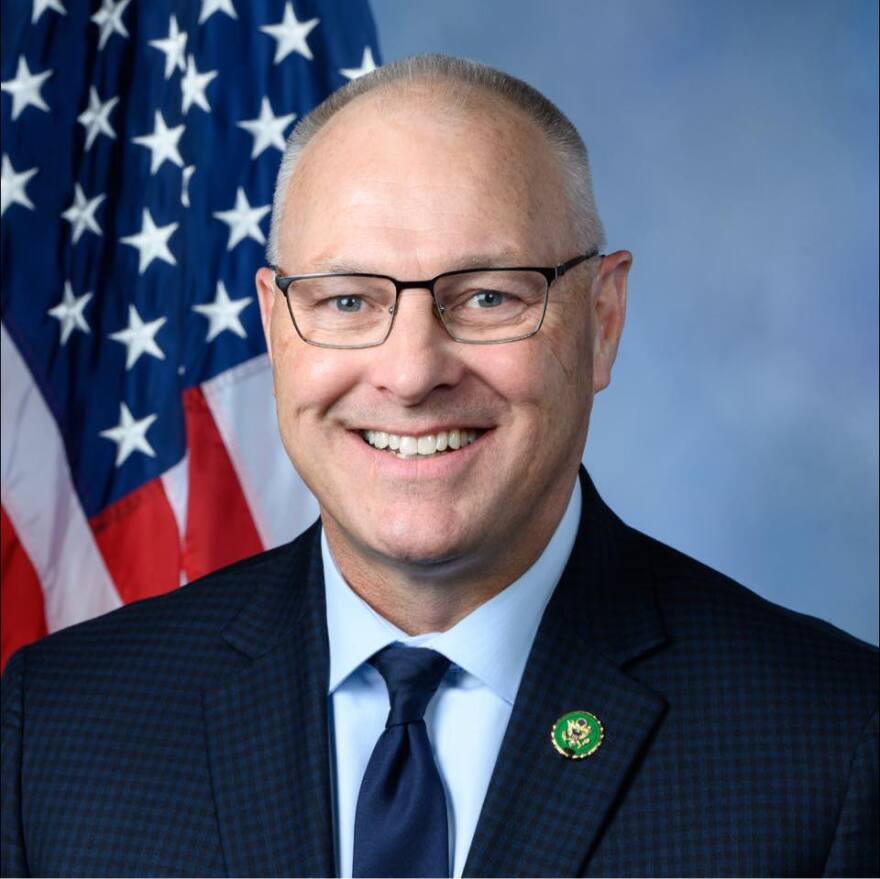This article was originally published by MinnPost.
WASHINGTON — Environmentalists who were hoping a parliamentarian rule would upend efforts to open the Superior National Forest to sulfide mining were rewarded when the U.S. House had to abandon those efforts.
The “big beautiful” budget bill approved by the U.S. House last month would have removed a Biden administration moratorium on 225,000 acres of the Superior National Forest, a watershed for the Boundary Waters Canoe Area Wilderness.
That moratorium hurt mining company Twin Metals’ efforts to mine for copper, nickel and cobalt in Superior National Forest. But the provision to lift the moratorium that was in the mega-budget bill, championed by Rep. Pete Stauber, R-8th District, was scrapped in a technical corrections bill the House released late Tuesday.
The reason? The budget bill is being considered under the reconciliation process, which means the legislation cannot be filibustered in the U.S. Senate, but is subject to what is known as the “Byrd rule,” which mandates that reconciliation bills be limited to provisions that have a budgetary impact.
So, the House was forced to make some technical corrections to the bill the chamber approved last month and the lifting of the moratorium was one of them.
The budget reconciliation bill would have also reestablished mineral leases sought by mining company Twin Metals that had been canceled and approved new leases for mineral extraction and helium production in the national forest. Those provisions were also eliminated.
Taconite is mined in Superior National Forest, but environmentalists say mining for copper, cobalt, nickel and other metals in the forest would produce tailings that can be dangerous sources of toxic chemicals that would pollute the Rainy River Watershed — and the Boundary Waters.
So, environmentalists, who had hoped the Byrd rule would eliminate what they considered a serious threat to the Boundary Waters, were ecstatic that the provisions that concerned mining in Minnesota were tossed.
“The Boundary Waters is a natural treasure, ecological wonder, and vital economic driver,” said Ingrid Lyons, executive director of Save the Boundary Waters, in a statement. “America’s most visited Wilderness has narrowly escaped inclusion in the Big Beautiful Bill, which would have almost guaranteed irreversible pollution from toxic copper mining in this fragile ecosystem.”
But Lyons, and other environmental groups that are fighting mining interests on the Iron Range, said threats to the Boundary Waters still exist. President Donald Trump is expected to use his executive authority to reverse the Biden administration moratorium in Superior National Forest and could use emergency powers to expedite mineral leases.
“Make no mistake, the threats in Washington to our public lands are far from over,” Lyons said.
Related: Minnesota conservationists sound alarm on mounting threats to Boundary Waters
Sen. Tina Smith, D-Minn., and Rep. Betty McCollum, D-4th District, have introduced legislation that would make the moratorium in the national forest permanent and implement other measures that would hinder mining in the watershed of the Boundary Waters.
In a statement, Smith said the move to delete the mining provision “marks a victory in our fight to protect the Boundary Waters.”
“I vowed to do everything in my power to protect this precious place. Today, I am relieved to announce that we were successful in forcing Republicans to drop this language attacking the Boundary Waters from the bill."
A spokesperson for Smith said the senator has argued that the mining provisions in the budget bill violated the Byrd rule for a number of reasons, “the primary one being that it was written to benefit one single global mining company and the rules don’t allow for that.”
But the spokesman said the mining provisions “were so poorly written that it was thrown out on a technical jurisdictional question.”
“In the end, Republicans realized there were so many problems with this provision it wasn’t worth the fight,” the spokesperson said.

Minnesota’s mining industry decried the stripping of the provisions, a move it said will hinder efforts to mine copper and other minerals on the Iron Range.
“While the decision to remove language that confirmed the importance of Minnesota’s mineral potential was due to a niche, procedural provision unique to the U.S. Senate, unfortunately it delays those first steps needed to ensure Americans can build and power tomorrow with responsibly mined minerals,” said Julie Lucas, executive director of MinningMinnesota.
Stauber's office did not immediately respond to a request for comment.
The House technical corrections package also scrapped an effort to end increased food aid for households that also qualify for heating and cooling assistance and provisions that would allow $2 billion for Pentagon military intelligence programs and $500 million to develop missiles.
The House is expected to vote on the package of modifications to the budget bill late Wednesday.
This article first appeared on MinnPost and is republished here under a Creative Commons Attribution-NoDerivatives 4.0 International License.








